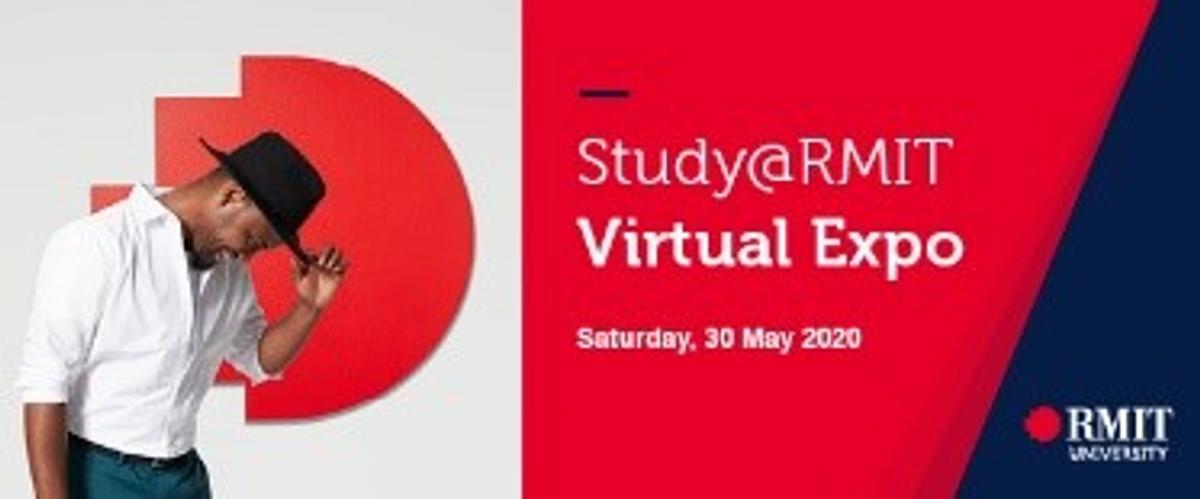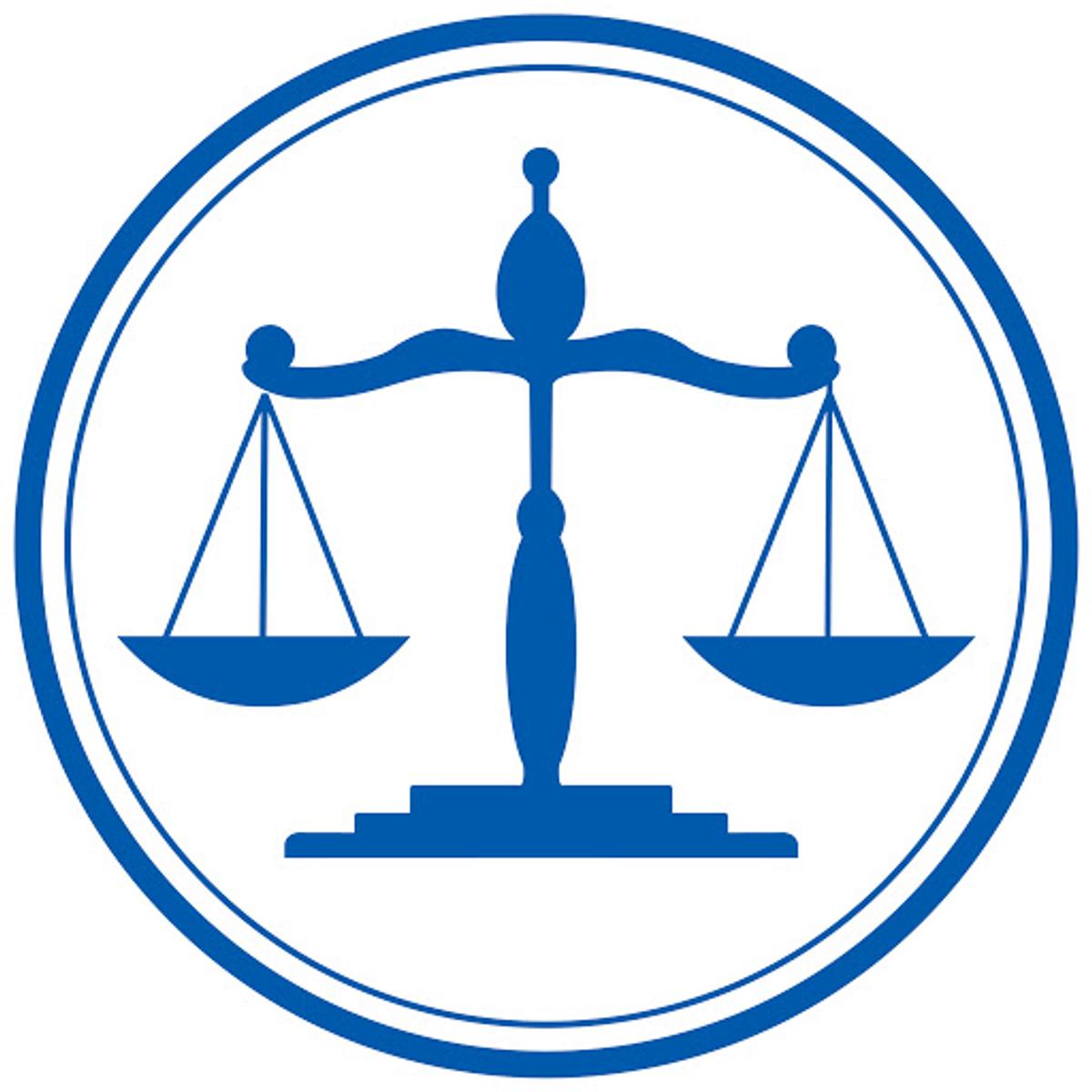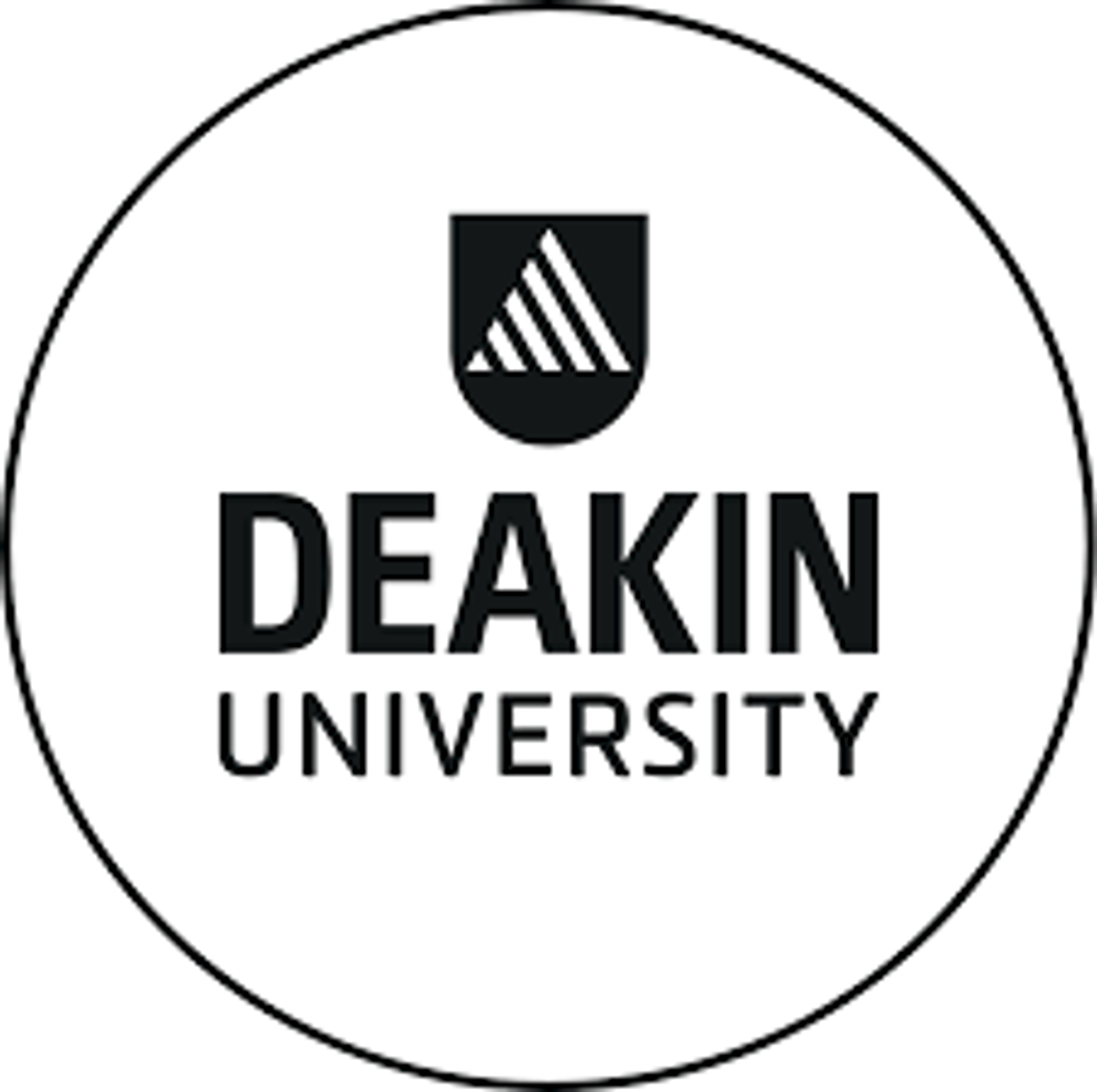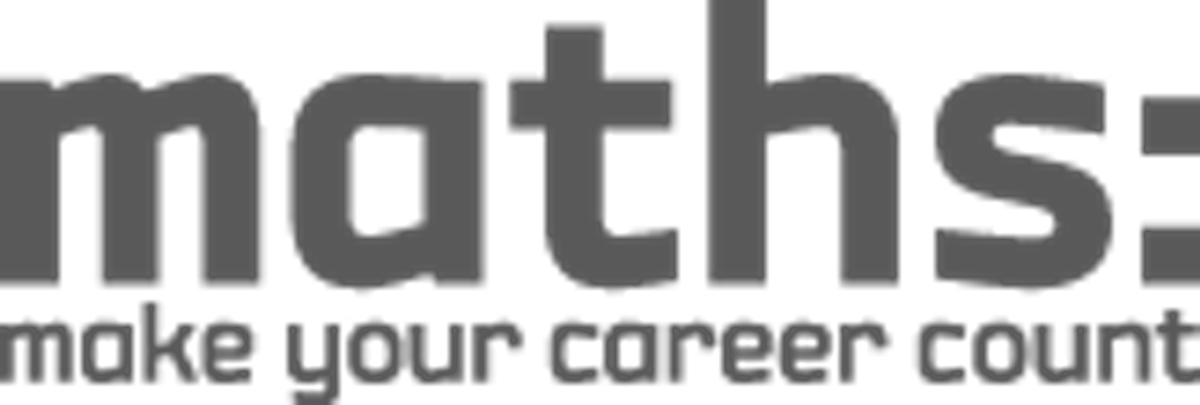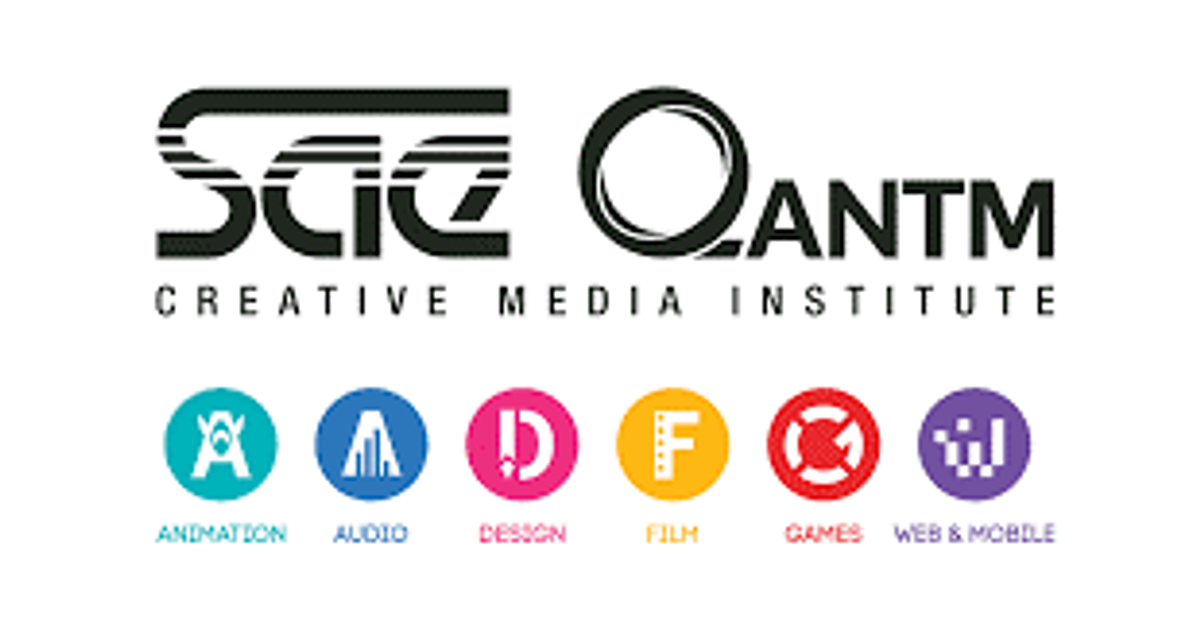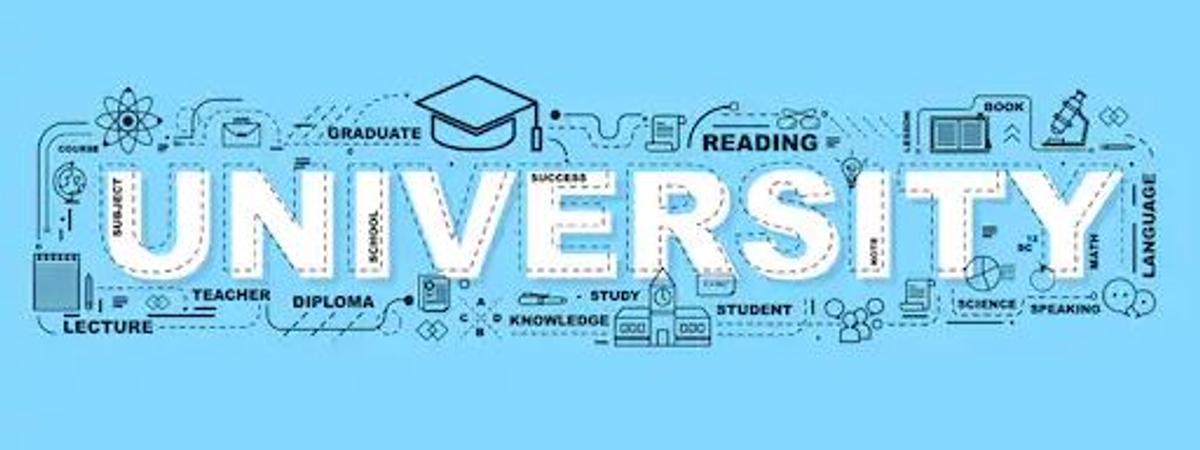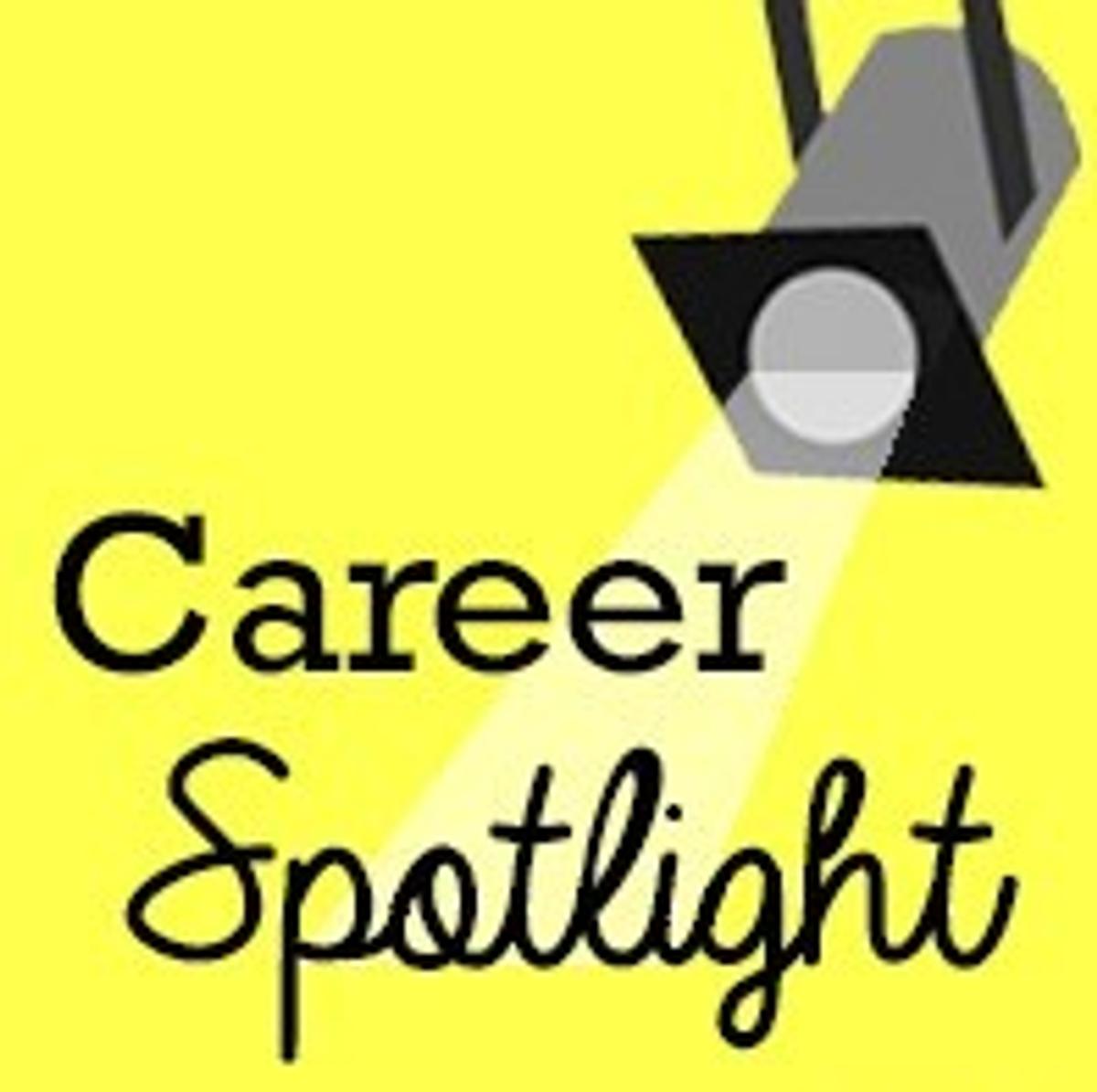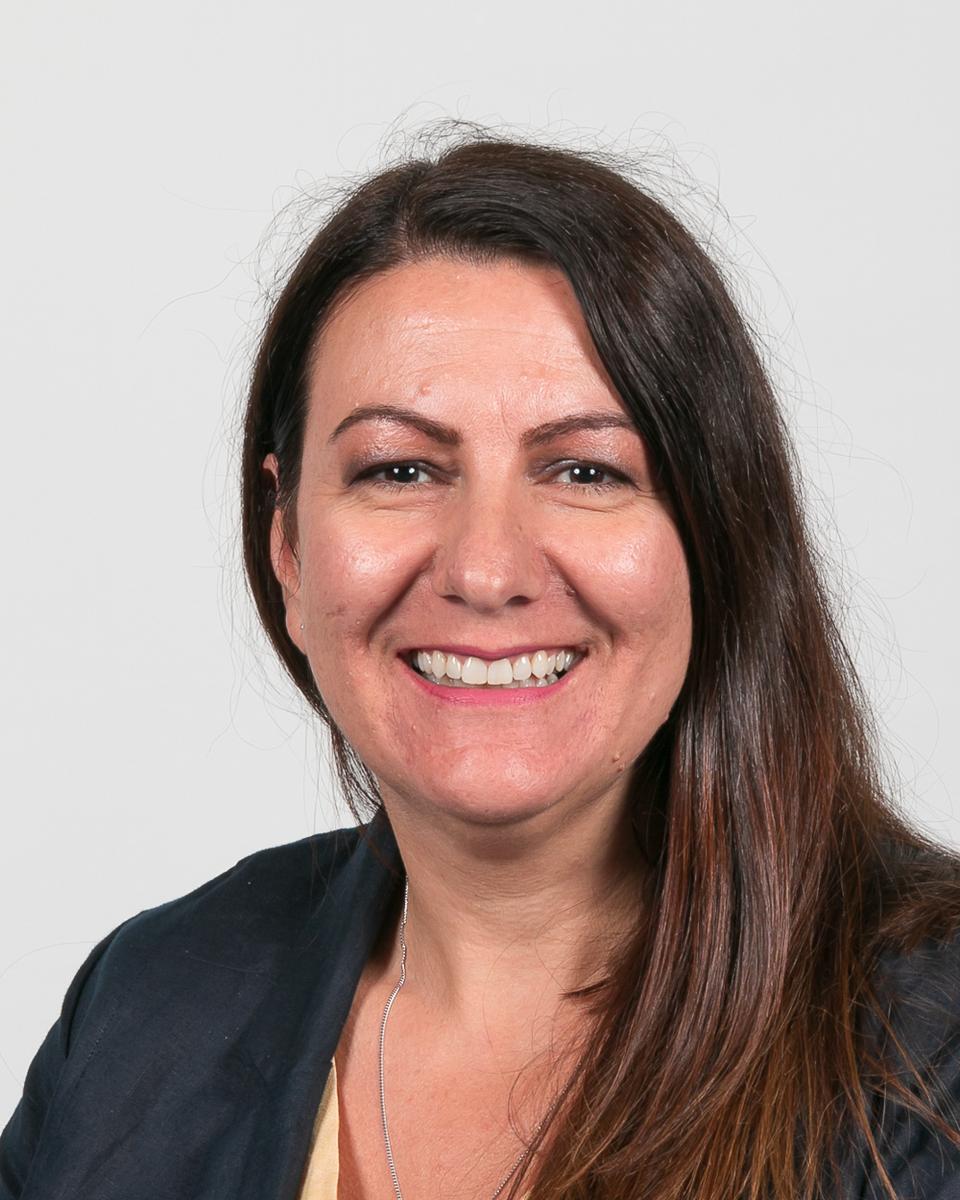Careers and Pathways

RMIT University Virtual Expo
The ‘Study@RMIT’ Virtual Expo is a fantastic opportunity for students to discover everything that RMIT has to offer. Students will have the chance to explore study areas, immerse themselves in a 360-degree campus tour, meet current students and also speak directly with RMIT staff about their study options for next year and beyond.
Date: Saturday 30 May 2020
Time: 6.00am – 9.00pm
Register: RMIT University Virtual Expo
What is a Paralegal?
The Centre for Paralegal Studies states that paralegals play an integral role in the legal profession, and they can offer significant assistance in the delivery of legal services.
They work in various types of organisations including law firms, government agencies and corporate legal departments. The use of paralegals in the profession can allow legal services to be delivered more efficiently and more cost effectively.
Although paralegals are not solicitors or barristers, they often perform tasks that are of a legal nature. However, this does not mean that only people who are undertaking a law degree or are currently working in a legal environment can obtain a role as a paralegal. With the right training, skills and knowledge, opportunities for paralegal roles are available to people from a wide range of disciplines including business and management.
In Victoria, a number of universities offer studies in Legal Disputes, Criminology, Criminal Justice, etc. and all lead to careers in the paralegal services.
Discover Deakin – Online Information Events
The Discover Deakin course information webinars are running from late May through to July. Discover what it’s like to study at Deakin – meet future teachers, hear student stories and get all the info you need to choose the right course for you. Many of the webinars are listed below, but for a comprehensive list and to register, please visit Discover Deakin. All webinars will take place at 5.00pm or thereafter in the evening.
MelbourneCampus | Artificial Intelligence | Friday 12 June, 6.00pm – 7.00pm |
| Arts | Monday 8 June, 5.30pm – 6.30pm | |
| Biomedical Science | Tuesday 23 June, 6.00pm – 7.00pm | |
| Business Analytics | Thursday 11 June, 5.30pm – 6.30pm | |
| Commerce vs. Business | Tuesday 9 June, 5.00pm – 6.00pm | |
| Communication | Monday 1 June, 7.00pm – 8.00pm | |
| Creative Arts | Wednesday 10 June, 5.30pm – 6.30pm | |
| Criminology | Thursday 28 May, 5.30pm – 6.30pm | |
| Design | Monday 1 June, 5.30pm – 6.30pm | |
| Environment | Thursday 25 June, 6.00pm – 7.00pm | |
| Exercise and Sport Science | Monday 27 June, 6.00pm – 7.00pm | |
| Health Science | Thursday 30 July, 6.00pm – 7.00pm | |
| Information Technology | Friday 5 June, 6.00pm – 7.00pm | |
| Law | Wednesday 17 June, 6.30pm – 7.30pm | |
| Marketing, Human Resources Psychology | Wednesday 3 June, 5.30pm – 6.30pm | |
| Nursing and Midwifery | Thursday 23 July, 6.00pm – 7.30pm | |
| Nutrition Science | Tuesday 28 July, 6.00pm – 7.00pm | |
| Property and Real Estate | Tuesday 2 June, 5.30pm – 6.30pm | |
| Psychology | Wednesday 29 July, 6.00pm – 7.00pm | |
| Public Health and Health Promotion | Tuesday 21 July, 6.00pm – 7.00pm | |
| Software Engineering | Monday 22 June, 6.00pm – 7.00pm | |
| Sport Management and Development | Thursday 18 June, 5.30pm – 6.30pm | |
| Teaching | Thursday 4 June, 5.30pm – 6.30pm | |
Waurn Ponds Campus | Forensic Science | Tuesday 16 June, 6.00pm – 7.00pm |
| Medical Imaging | Wednesday 15 July, 6.00pm – 7.00pm | |
| Optometry | Wednesday 22 July, 6.00pm – 7.00pm | |
Waterfront Campus | Architecture & Construction Management | Monday 15 June, 6.00pm – 7.00pm |
| Occupational Therapy | Monday 20 July, 6.00pm – 7.00pm |
Maths: Make your Career Count
Students often ask where maths and statistics can take you!
Are there jobs out there that use maths?
By browsing Maths Careers, students will certainly find out just how many jobs use maths.
SAE Creative Media Institute Virtual Open Day
As restrictions on social distancing and public gatherings continue to be in place, SAE Creative Media Institute has decided to move its upcoming Info Night to an online setting.The Virtual Open Day will take place on Thursday May 21 from 12.00pm – 4.00pm and is the ultimate opportunity for students to gain access to exclusive behind the scenes campus tours, view course info sessions, chat live with the SAE crew and explore our SAE 360o campus experience.
To attend, students just need to register for the event to get the access link.
University terms you need to know before applying!
When students are looking into university study, they often come across words or terms they are unfamiliar with. So, here are a few of the more commonly used terms to help students understand what is being talked about!
- Associated Degree – an associate degree is generally a two-year qualification that is made up of two-thirds of a bachelor’s degree and may be offered by both TAFEs and universities. Students often use this as a steppingstone to the full bachelor’s degree.
- Assumed knowledge – refers to subjects the university recommends or prefers a student to have studied at school before starting the course.
- ATAR – Australian Tertiary Admissions Rank – the figure used by VTAC to calculate the entrance ranking for a university course.
- Bachelor’s degree – the award/qualification a student gains when they have completed studies in an undergraduate course, which takes between 3 or 4 years of full-time study. This is the traditional starting point of a university qualification.
- Bridging Course – an introductory course to help students achieve the preferred entry level to a degree, e.g. a bridging maths course for students who do not have the preferred maths but need it to access a course.
- Census Date – the last day a student can withdraw from their university course and not owe fees.
- Commonwealth Supported Place (CSP) – a student’s enrolment in a university degree for which the Commonwealth government makes a contribution towards the cost of that student’s education (formerly known as a HECS place).
- Credit – if a student has previously studied – perhaps at TAFE – and has Recognised Prior Learning (RPL), the student may be able to receive credit for a subject or subjects in their course. Also often referred to as Advanced Standing.
- Double degree – a student can choose to complete a double degree – this integrates studies in two degrees resulting in an award of two degrees, usually after a minimum of 4 years of study. Often also referred to as Combined Degrees.
- Defer – a student may choose to delay starting their course. Deferring an offer of a place might mean delaying for 6, 12, 18 or 24 months. Deferment ensures the student is guaranteed their place in their selected course.
- Elective – a subject that is not core to the degree and is often from another faculty, e.g. a commerce student might choose psychology (from the Arts Faculty) as an elective.
- Faculty – a department within a university devoted to a particular area of study – so, Faculty of Arts or Faculty of Science.
- FEE-HELP – a loan scheme for domestic students used to pay all or part of an eligible student’s tuition fees for university courses but cannot be used for additional study costs such as laptops, accommodation, or textbooks. A 25% loan fee may apply.
- HECS-HELP – a loan scheme that assists domestic students with a CSP place to pay their contribution. Students may choose to pay their fees upfront, or choose to defer payment via the HECS-HELP loan scheme.
- Honours – many bachelor’s degrees offer a fourth year – called an Honours year. The Honours year allows students to further focus on a particular an area of interest. The Honours year can either be integrated into a 4-year bachelor’s degree or be offered as a separate year after completion of a 3-year bachelor’s degree.
- Lecture – a period of teaching given by a lecturer to a large group of students in a lecture theatre; can often be as many as 300 students in a lecture.
- Major study – an area within a course that allows in-depth study in a particular field. More than one major may be allowed in some courses.
- Minor study – a grouping of subjects allowing a broader understanding of a few subjects, with less emphasis on in-depth study.
- Prerequisite – a set of conditions – usually a completion of a subject – that must be met before enrolment in a subject or course is allowed.
- SA-HELP – SA‑HELP is a loan scheme that assists eligible students to pay for all or part of their student services and amenities fees – so, non-academic fees.
- Transcript – this is the university academic record each student receives, like a school report.
- Tutorial – a period of teaching given to a small group of students – involving discussion and participation.
- Undergraduate – a student studying at university for a first level degree, e.g. a bachelor’s degree.
- VET Student Loans – a loan scheme for domestic students used to pay all or part of an eligible student’s tuition fees for TAFE courses, but cannot be used for additional study costs such as accommodation or textbooks. A 20% loan fee usually applies.
- Workplace learning – practical training in a workplace, such as internships or practical work experience. This is a hands-on experience – some universities call it Industry Based Learning or Work Integrated Learning.
Snapshot of William Angliss Institute (WAI) in 2020
- With around 23,000 students enrolling each year, WAI offer a broad range of training and education programs including accredited traineeships and apprenticeships, certificates, diplomas and advanced diplomas, short courses, graduate certificates, bachelors, and master’s degrees
- WAI has a two campuses Melbourne – the city and Lilydale (in partnership with Box Hill Institute), as well as a campus in Sydney. It also has campuses overseas in countries including China, Sri Lanka, Thailand, and Singapore
- WAI is one of Australia’s largest specialist centres for foods, tourism, hospitality, and events training
- Courses are categorised into various groups: 1. Food Trades and Culinary Arts, Food Science & Technology - Foods
2. Tourism, Guiding, Resort Management, Travel & Aviation - Tourism
3. Hospitality and Resort & Hotel Management - Hospitality
4. Event Management - Events
- WAI offers a number of Bachelor’s degrees including:
- Bachelor of Culinary Management
- Bachelor of Food Studies
- Bachelor of Tourism and Hospitality Management
- Bachelor of Resort and Hotel Management
- Bachelor of Event Management
- WAI also offers apprenticeships and traineeships - Apprenticeships and Traineeships, as well as numerous short courses
- WAI offers a 6-month Certificate III in Aviation designed to enhance students’ opportunities to fulfil their plans to work with an airline as a cabin crew member. The focus of this course is about customer service, and not really about emergency procedures. Topics of study - beverage service, flight retailing, meeting customers, etc. managing disruptive customers, etc.
- Another specialised area WAI offers training in is Resort and Hotel Management and students get to gain specialised industry training and qualifications tailored to particular areas of the industry
- Students keen on the travel and tourism courses offered at WAI might like to access a dedicated blog that provides ongoing snippets of information about students' activities, travels and insights as they proceed through semester - Tourism and Travel Blog
- Numerous scholarships are on offer to students each year
- The Angliss International Hotel School offers students a study pathway to take service delivery to a new and luxurious level. With exposure to masterclasses covering the finer and more specialised areas of hotel service, students will be equipped for a career offering exceptional service in the international hotel industry.
How to become a Writer
What do Writers do?
Writers use their knowledge of language to craft original content based on either facts or fiction. They produce text in many formats from blogs, articles and reports, to manuscripts and poems.
If you have a good grasp of English language and a creative streak, you’re are persistent and love reading, then a career as a writer could be worth exploring.
About you:
- Disciplined and self-motivated, with top notch attention to detail
- Excellent written communication skills (particularly with respect to grammar and extensive vocabulary), and able to convey complex ideas with clarity
- Open minded with a thick skin (especially in relation to accepting changes and edits)
The job:
- Conceptualise ideas, research them accurately and in depth
- Write documents or other forms of text using your original ideas and research
- Proofread, edit and polish your writing before publishing
Writer salary (average) $83,000 per year
(Source: Joboutlook.gov.au)
This salary is indicative only, it will vary depending on the type of writing you choose to do, if you are freelance or employed etc.
Job growth in writing is strong (source: Joboutlook.gov.au) depending on the field you choose to specialise in.
To become a well-respected writer you’ll need to be dedicated, write as often as possible to hone your skills, and be able to take criticism and negative feedback constructively.
How to become a Writer in Australia
You can become a writer without any formal qualifications, however they could be useful by improving your skills and making you more appealing to potential employers.
Step 1 – Choose to study advanced or higher English, English literature and any technical or creative writing classes offered by your high school. Technical skills including web programming, blogging software, social media, and typing skills could also come in handy.
Step 2 – Attend writing workshops and do courses (online ones are often available). Work hard to develop your verbal, written communication, and persuasive skills. Try being creative with your works and trying new angles and styles of writing.
Step 3 – Enter writing competitions as often as possible. You’ll challenge yourself and may become a published author as a result, plus it’ll look great on your resume.
Step 4 – Apply for work experience positions within the industry, or volunteer in organisations where you’ll be able to gain some knowledge and skills. E.g. Library, publisher’s office, local newspapers and magazines, social media or marketing companies.
Step 5 – Research and complete tertiary qualifications that could help you find employment more easily. There are plenty of options to consider e.g.:
Creative Writing Course from VU TAFE, 6 week short course, a great way to start and then advance to another course if you’d like to study further.
Certificate IV in Professional Writing and Editing from Swinburne (1 year)
Diploma of Professional Writing and Editing from RMIT (1 year)
Associate Degree in Professional Writing and Editing from RMIT University (2 years)
Bachelor of Creative Writing at Deakin University
Bachelor of Journalism at RMIT University
Or complete an approved degree in any field and do a Graduate Certificate in Publishing and Communication (or similar) such as at the University of Melbourne, which could be completed in 6 months.
Step 6 – Take on an internship, find a mentor, and keep writing!
Find out more here: https://www.asauthors.org/findananswer/writers-and-services
Similar Careers to Writer
- Journalist
- Author
- Editor
- Publisher
- Technical Writer
- Copy Writer
- Blogger
- Speech Writer
- Screenwriter
- Columnist
Mrs Vivian Seremetis
Careers Coordinator

